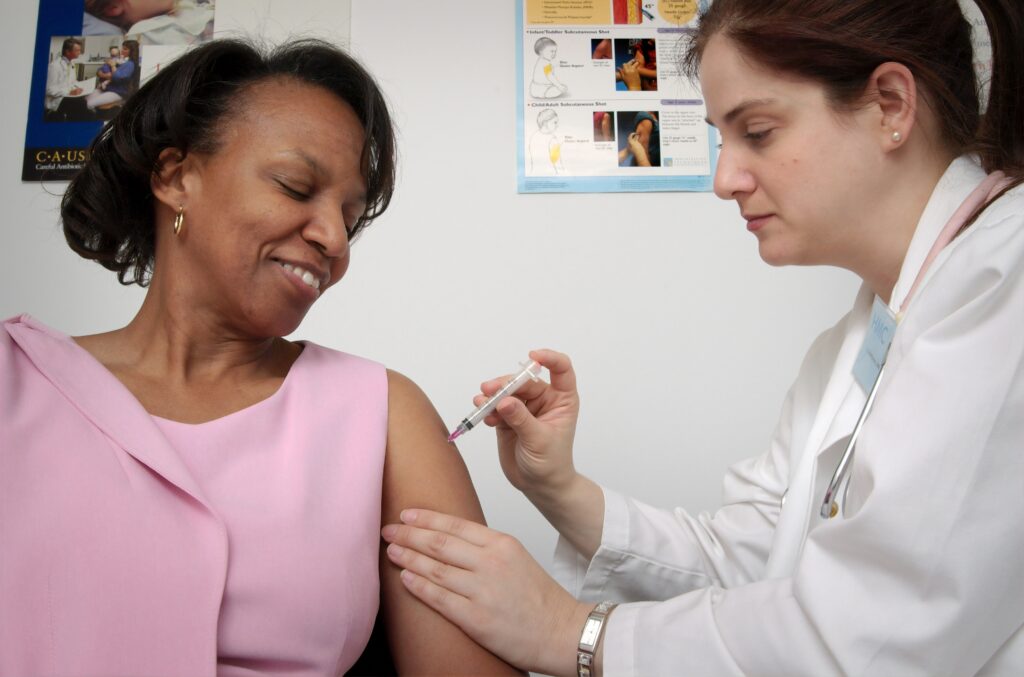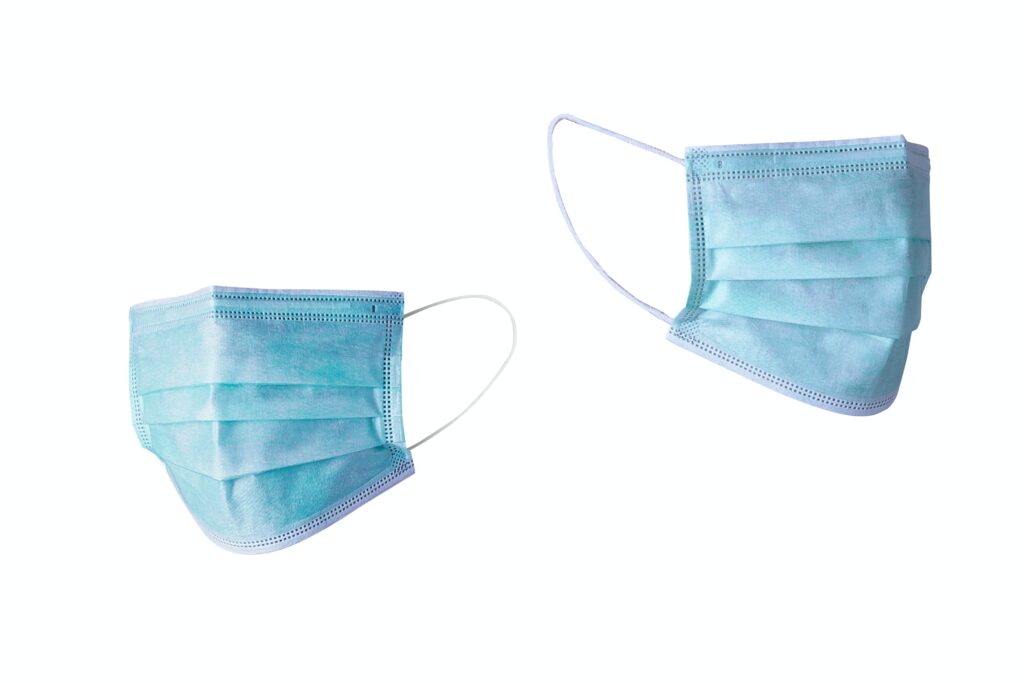
During a regular year, the flu season affects more than 9.3 million Americans according to the Center for Disease Control (CDC). However, with the rising toll of people becoming infected with COVID-19, scientists and immunologists at the CDC and World Health Organization (WHO) predict that the overlap of the flu and COVID-19 will create what is being referred to as a twindemic.
As of Sept. 23, the CDC reports that there is a confirmed total of 6,874,982 people who have tested positive for COVID, as well as
Due to the continuously rising rate of people testing positive for COVID-19 and the absence of a cure for the flu, health professionals are urging Americans to get their flu shot. Dr. Anthony Fauci, director of the National Institute of Allergy and Infectious Diseases and one of the lead members of the Trump administration’s White House Coronavirus Task

The New York Times, reporting on the rise on the
According to the CDC, flu season occurs in the fall and winter, peaking from December to February; this time frame was nearing the end of flu season when the pandemic began to flare in the United States back in March.
“Vaccine makers are projecting that a record 98 million flu shots will be given this year in the United States, about 15 percent more than doses ordered last year. The Kaiser Permanente health care system will be flooding more than 12 million of its members with flu shot reminders via postcard, email, text, and phone calls,” reports the New York Times.
While

The flu vaccine can be obtained from drugstores such as CVS and Walgreens for a low cost with insurance, or for approximately $30, ranging from chain to chain. Health centers like Kaiser Permanente and Vera Whole Health Center also offer flu shots for free for people covered by insurance. While there is no current vaccine for COVID-19, there is one for the flu; and to protect each other, it is crucial to get your flu shot.
You can find official Mills updates about COVID-19 here.
Vera Student Health Center on campus will continue to remain open; if you begin to show symptoms of COVID-19, it is important to call them first at (510) 671-3985 before heading over.
To learn more and get the most current updates, visit The Center for Disease Control and Prevention (CDC) Coronavirus 2019-nCoV, and UC Berkeley’s health advisory.

